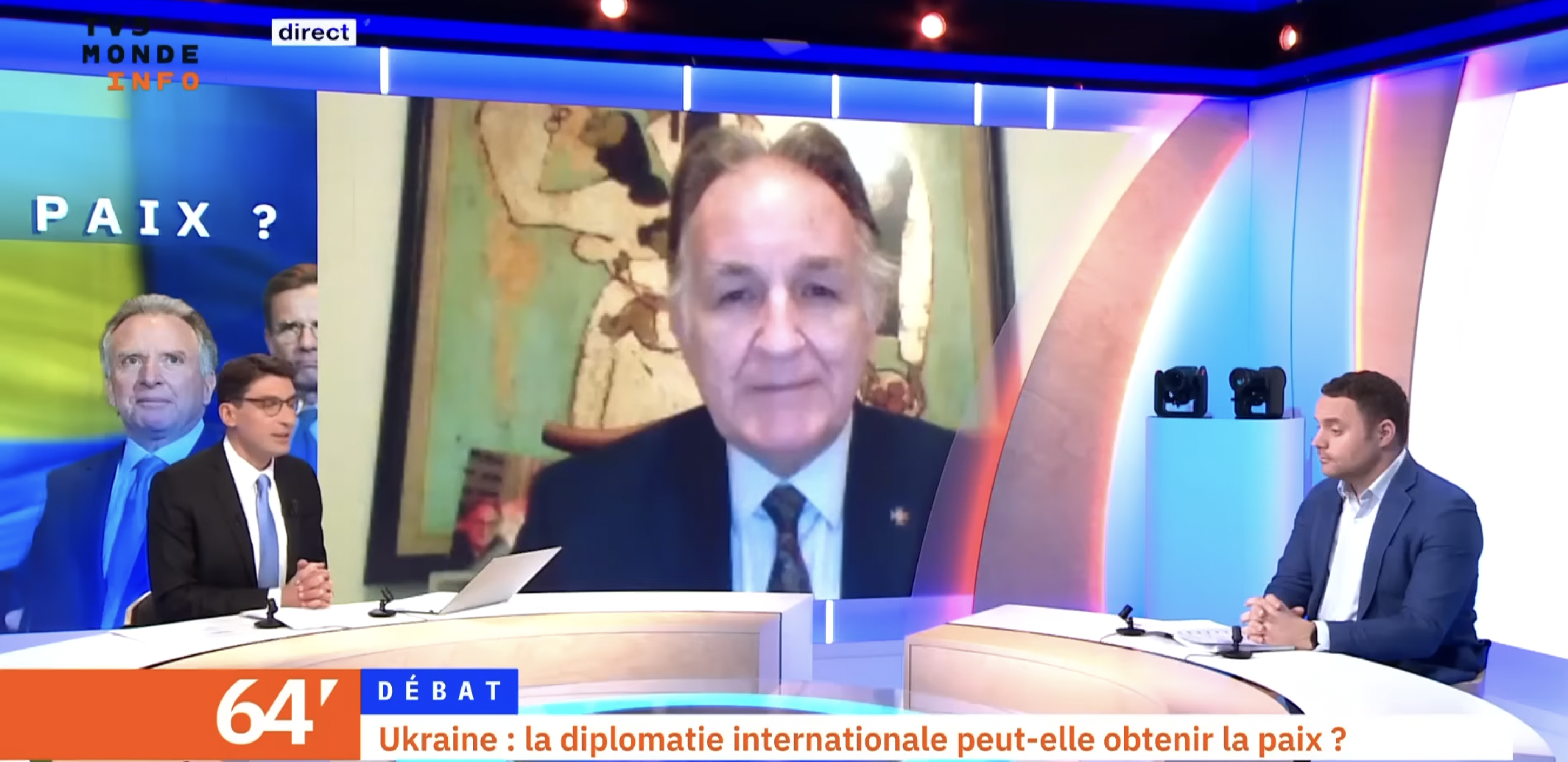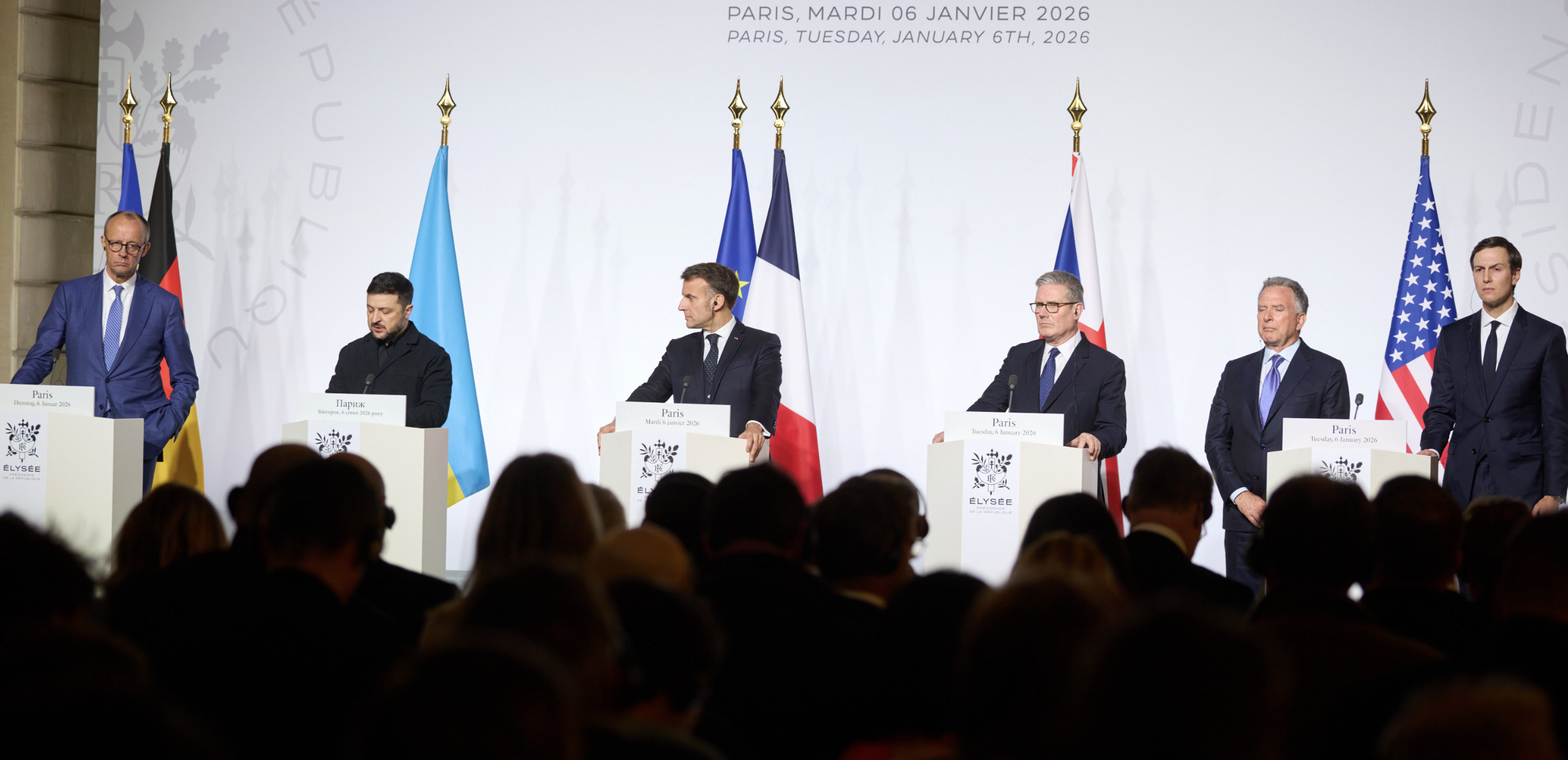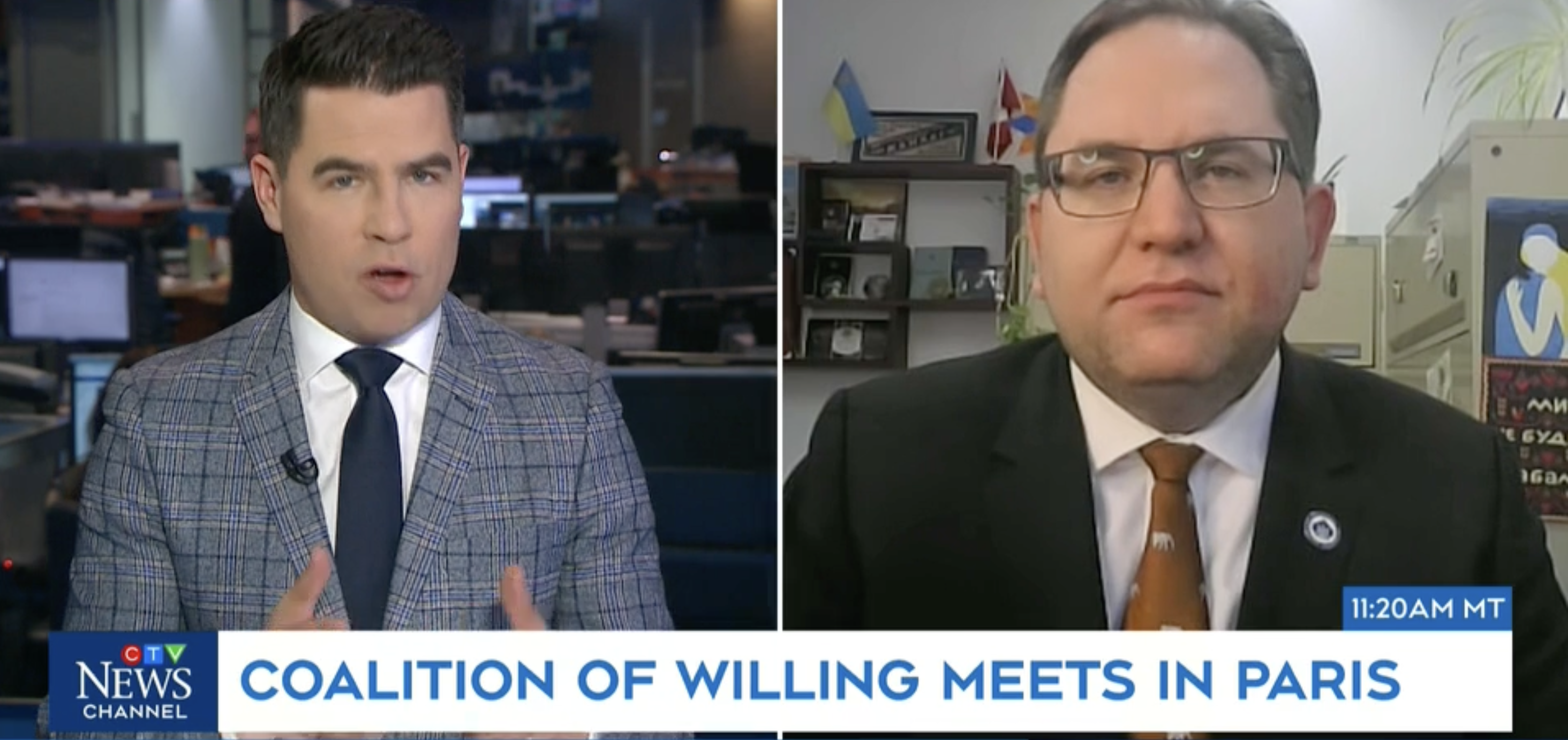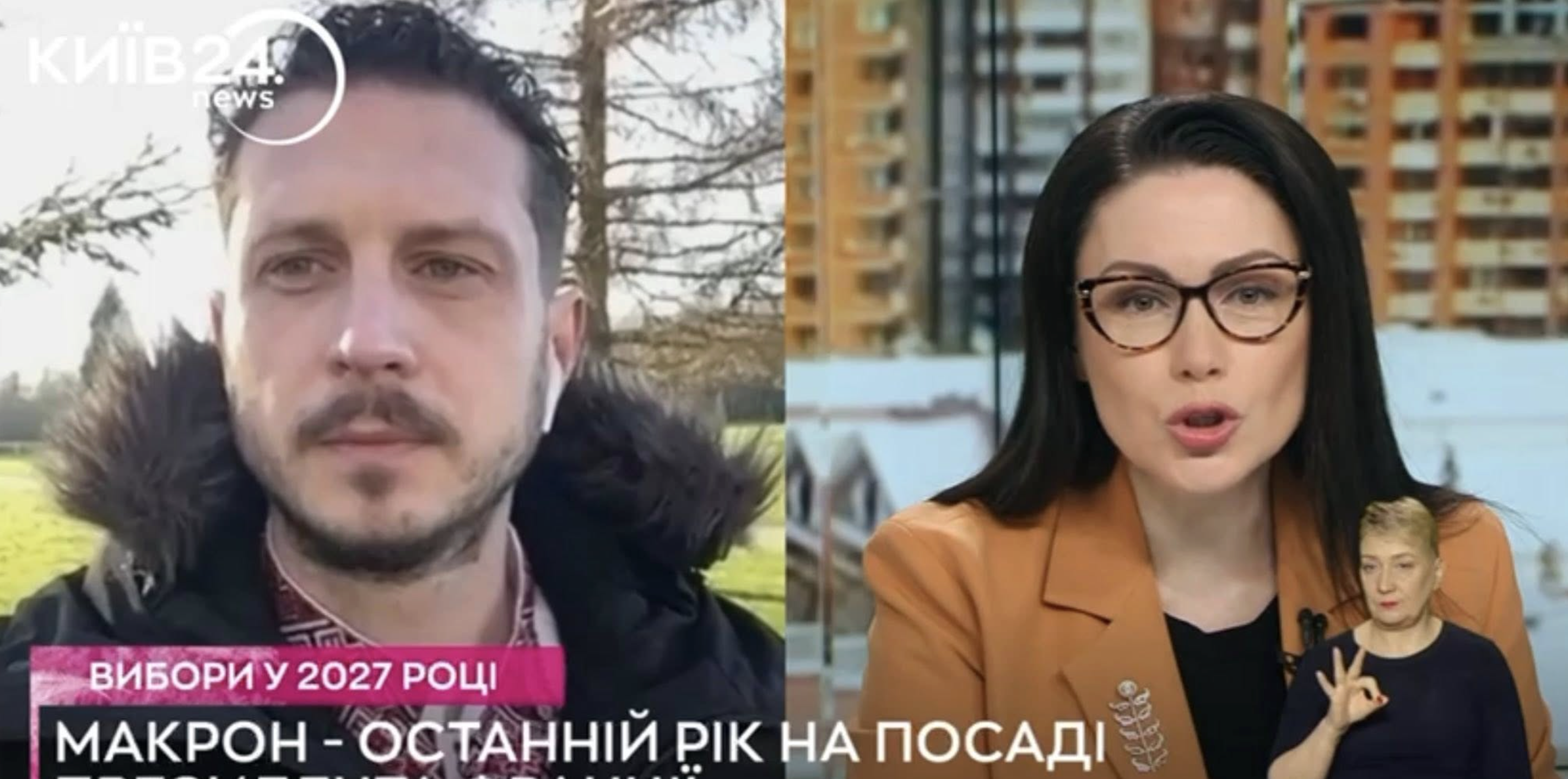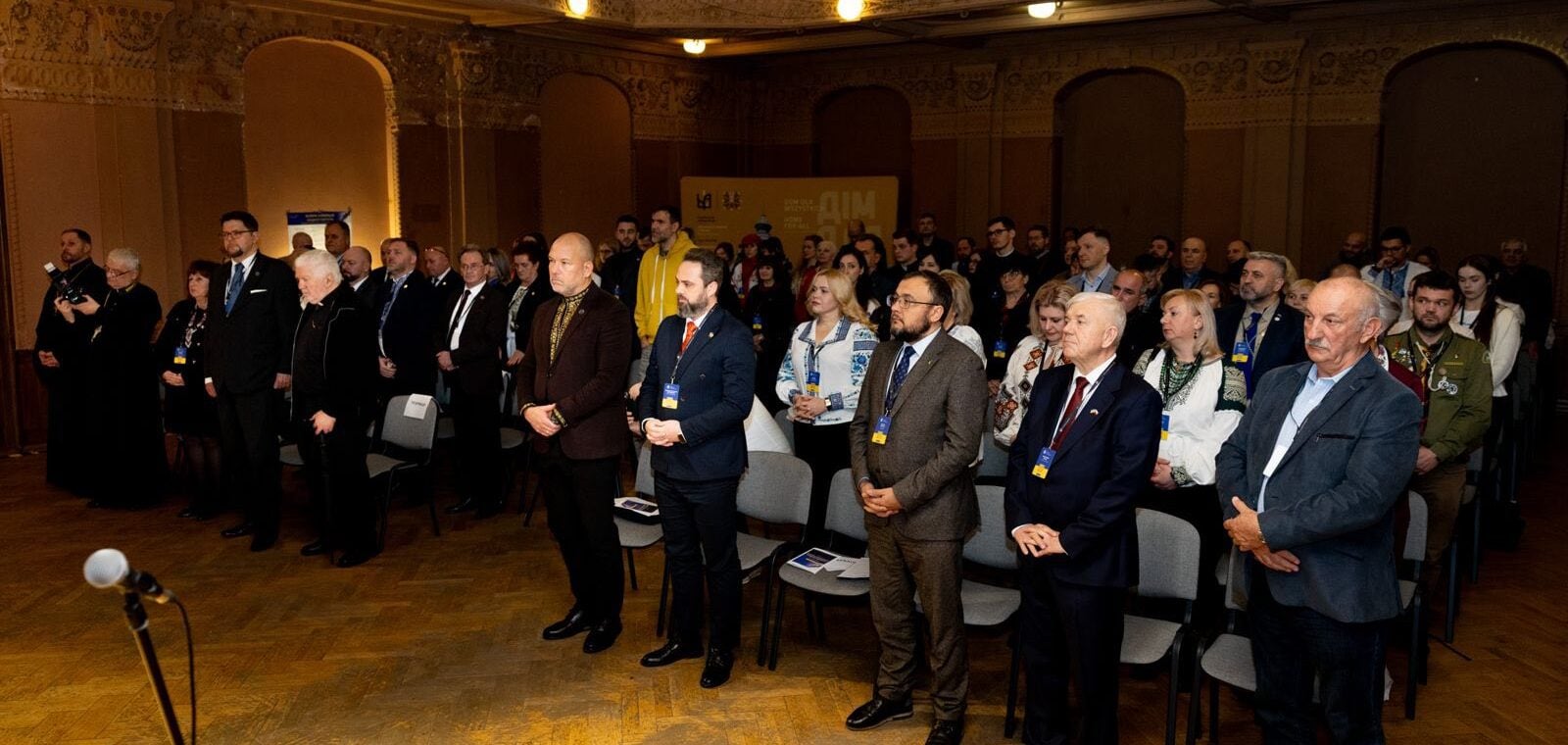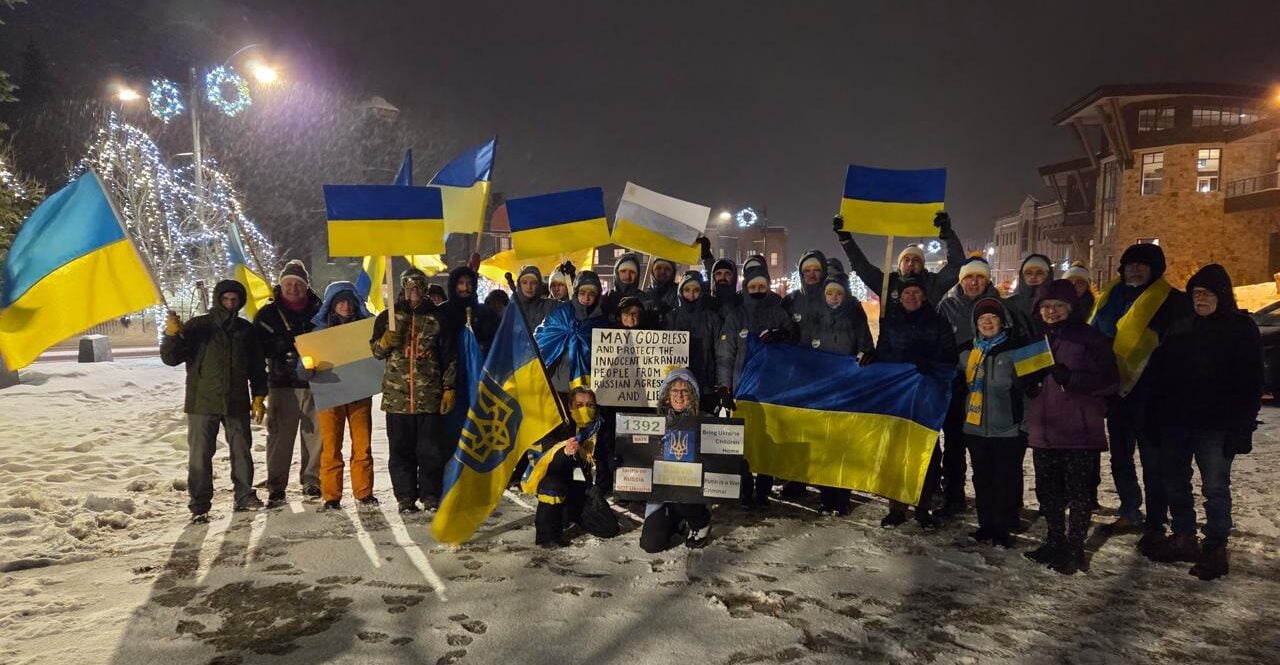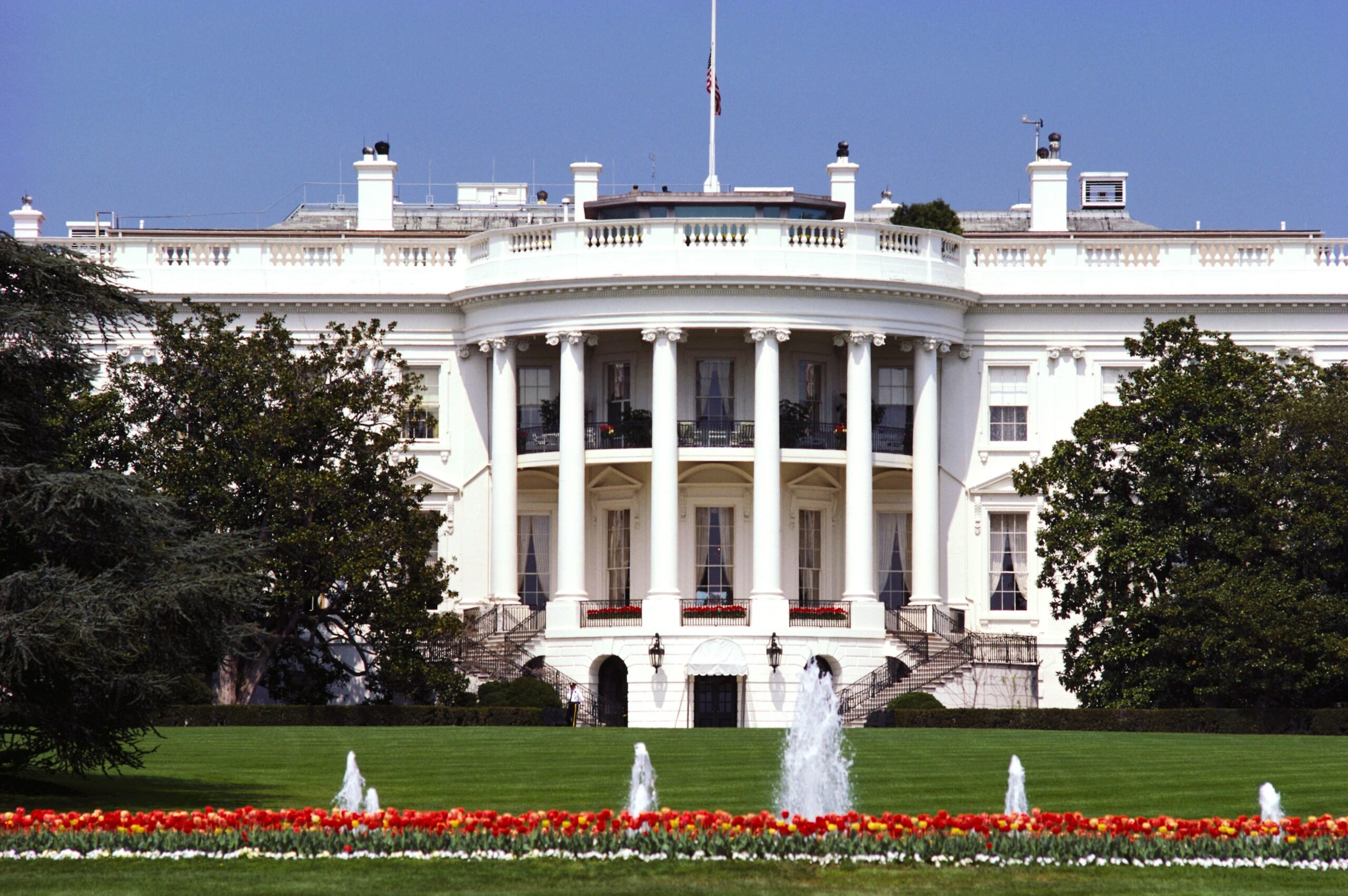
A number of European politicians plan to visit the USA to strengthen support for Ukraine. The initiative appeared in response to the calls of some American lawmakers from the Republican Party to reduce aid to Kyiv, Politico writes.
In particular, representatives of the Baltic States, as well as representatives of other countries with close ties to Ukraine, are planning to visit the USA.
“We need to find ways to reach out to [the public] on both sides of the Atlantic – not to forget that there are actual electorates that see their problems in a certain way,” Lithuanian Foreign Minister Gabrielius Landsbergis said.
Politicians have plans to travel to individual states, among other things, and there will be meetings with companies that create jobs in the US, Landsbergis added. Among other things, European diplomats want to demonstrate to the Americans that money for Ukraine is a good investment for themselves.
“[The tour] can work quite well if the position is laid out not only by American politicians but also by those who depend on this aid and on this foreign policy course,” Landsbergis continued.
The exact list of countries is currently unknown. At the same time, Estonian Prime Minister Kaja Kallas said that her country is already reaching out to ordinary Americans. “My secretary of state was in Arkansas talking to people and expressing his views, so that’s something we do all the time,” Callas said.
There is growing concern in Washington that profound political differences in the US will lead to cuts in aid to Ukraine. Thus, Mitch McConnell, the leader of the Republicans in the US Senate, is in favor of faster approval of assistance for Kyiv and insists on aid to Ukraine and Israel in one package.
At the same time, Republicans in the US House of Representatives presented a separate bill on support for Israel, despite President Joe Biden’s request for $106 billion, combining aid to Israel and Ukraine. However, Republican Mike Johnson, the newly elected speaker of the House of Representatives, wants aid to Israel and Ukraine to be considered separately in the chamber and insists on greater control over the allocation of assistance to Kyiv.

